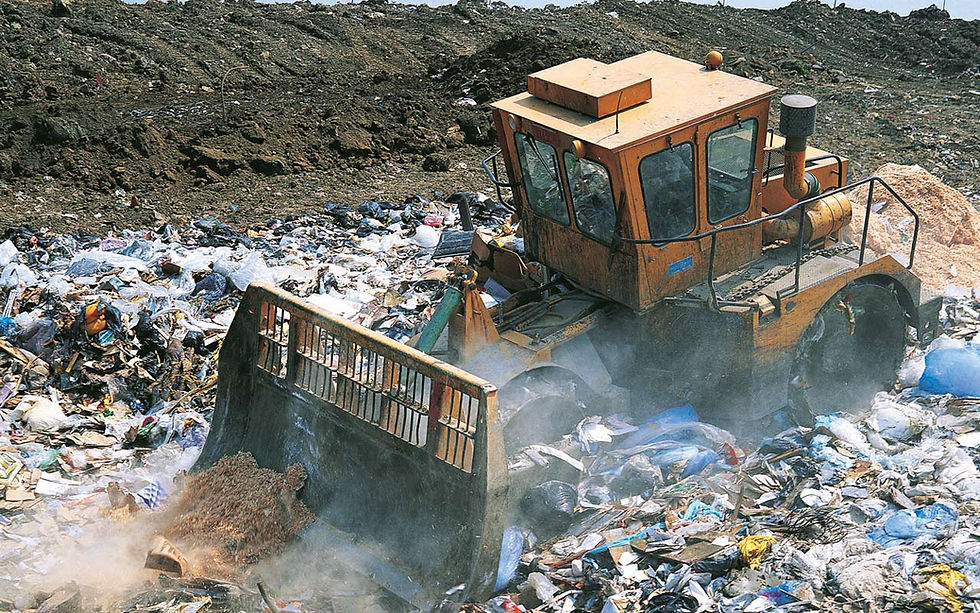Sustainability. Adventure. Education.
- Maine Guide Company

- Mar 29, 2023
- 3 min read

You may have browsed Maine Guide Companies website and noticed the word Permaculture. You may have read about Rocky Hill Permaculture, which is the base of operation for Maine Guide Company. If you’re not familiar with the word Permaculture, then what is Permaculture? And how does Permaculture play a role in Maine Guide Companies business and ethics? Our life outside of work? And the Communities we thrive in?
Permaculture is a sustainable design system that aims to create a self-sustaining ecosystem by working with nature rather than against it. Permaculture is often incorporated into businesses to promote and raise awareness of sustainability, reduce waste, and increase efficiency. In this blog post I want to share some ways that Maine Guide Company is incorporating permaculture into our business as a solid effort to be conscious of our impacts on the environment.
It starts with our Workspace Design: In 2014 at the startup of Maine Guide Company we started by knowing that we wanted to be more than just another Guide Company. So we began looking at our direct workspace and identifying ways to make it more efficient and sustainable from the ground up. This involved looking at natural light, outlying roadblocks, identifying micro climates , and considering plants that thrive in our environment while also hatching a plan and design for our direct space of operations. See this PDF for example.
We are creating Permaculture Gardens in our workspace design: Permaculture gardens are not designed with instant gratification in mind. The Permaculture garden involves using natural methods to grow food and promote biodiversity. For example; we are interacting with the land which we thrive and looking at and including native species, identifying microclimates, using compost instead of chemical fertilizers, and harvesting rainwater and surface water for a means of irrigation. A process of observing and interacting with the land to identify logical long term vs short term answers for development and sustainability.
Maine Guide Company and Rocky Hill Permaculture are working hard to reduce waste: One of the key principles of permaculture is reducing waste. This can be achieved by using reusable products instead of disposable ones, composting food waste, and recycling materials. For example we are currently putting one bag of trash per two week by the road side for collection. The ultimate achievement would be zero waste.

We foster a culture of sustainability: Our goal is to create a working model that will encourage people and communities to adopt sustainable practices by educating them about permaculture and its principles. This can include workshops or training sessions about sustainable practices to promote sustainable initiatives with schools, organizations and or groups in communities throughout Maine.
Partner with Sustainable Suppliers: We are striving to work with and develop relationships with suppliers who prioritize sustainability and use environmentally friendly practices. This is a hard gap to fill in our current location but to the best of our ability it includes sourcing materials from local suppliers, using recycled materials, and reducing packaging waste.
In conclusion incorporating permaculture into our business promotes sustainability, reduces waste, supports local businesses, increases efficiency, and is mindful of the resources we consume. Designing our workspace, creating a permaculture garden, reducing waste, fostering a culture of sustainability, partnering with sustainable suppliers, and connecting people to nature through adventure education is how we are building a more sustainable business that benefits both our company and the environment. In all of this Maine Guide Company has adopted three core values; Sustainability. Adventure. Education.
Learn More here.
Sustainability. Adventure. Education.

















Comments